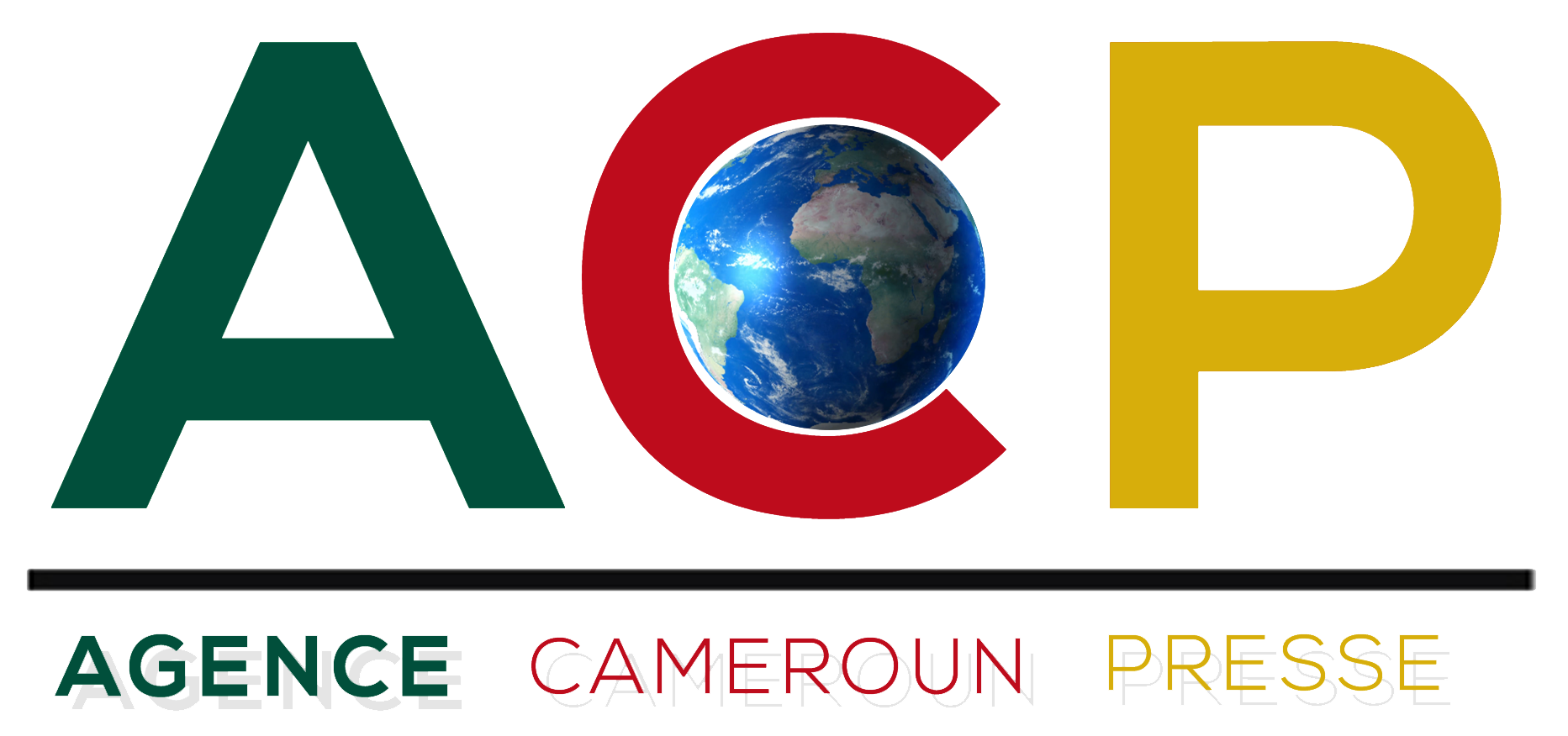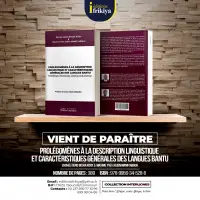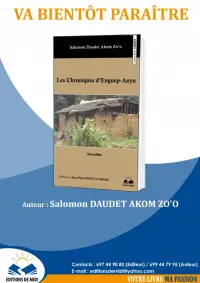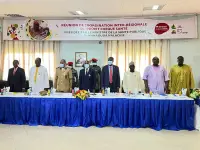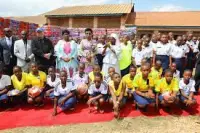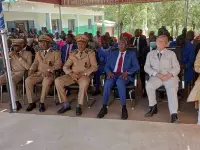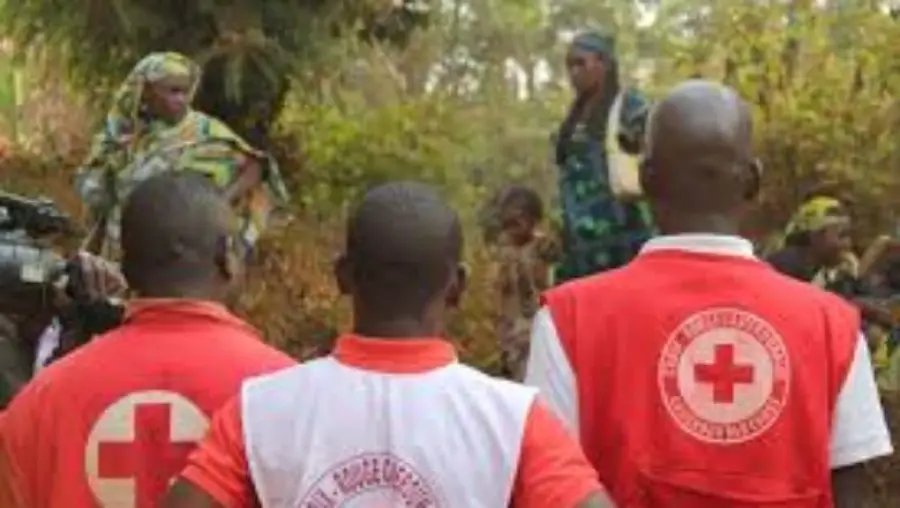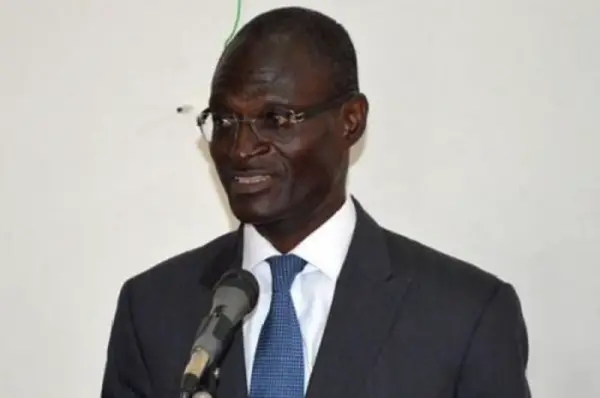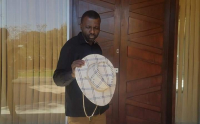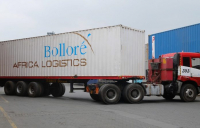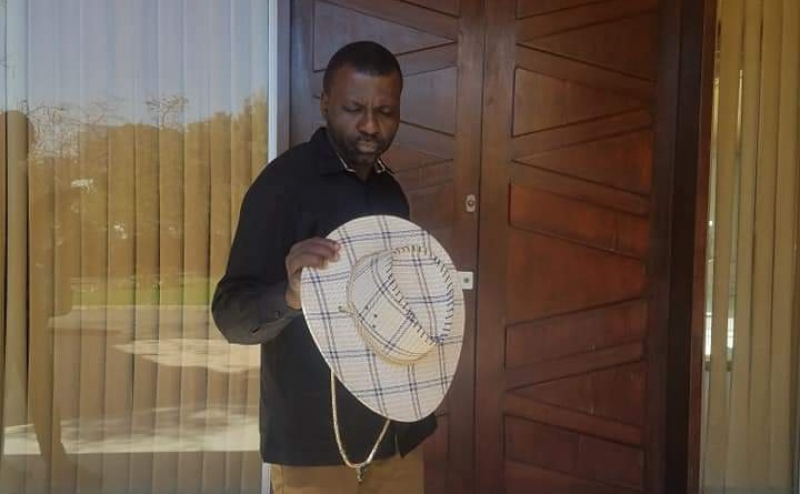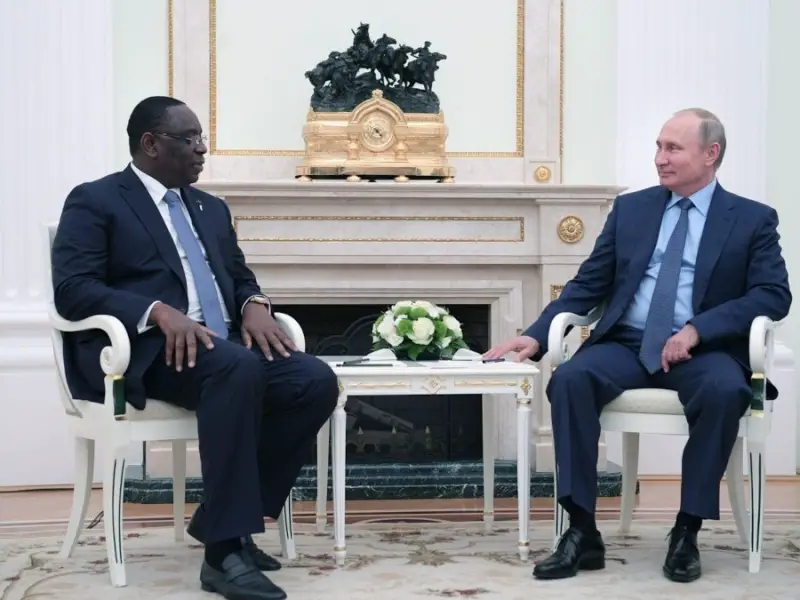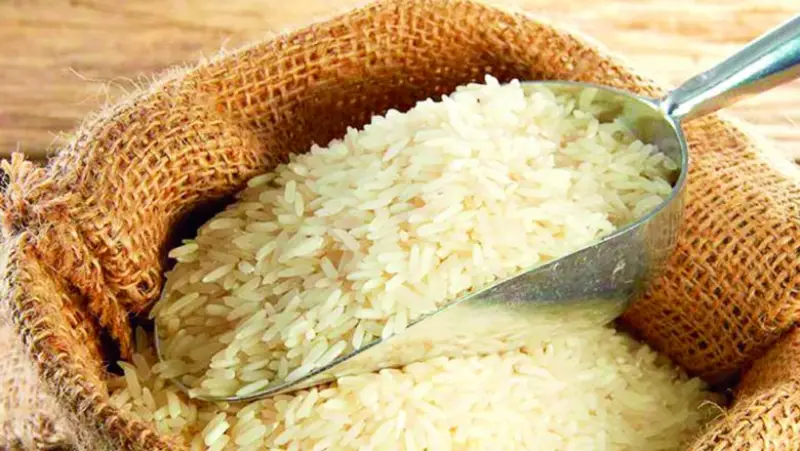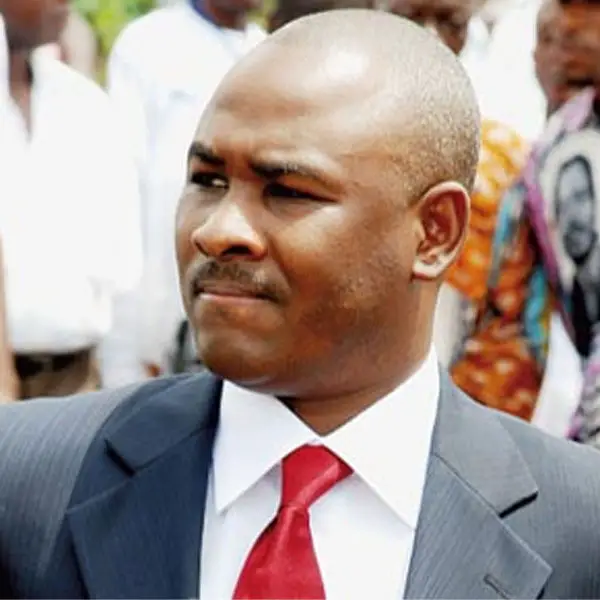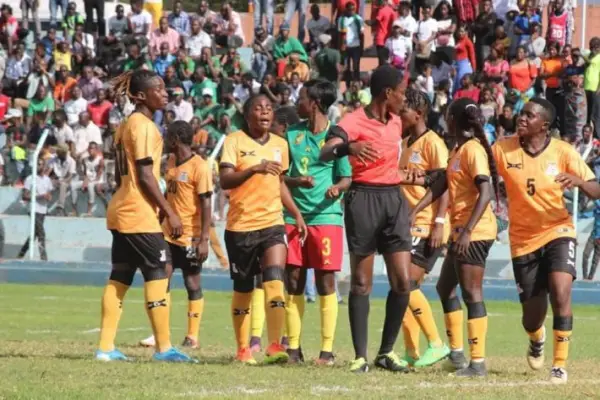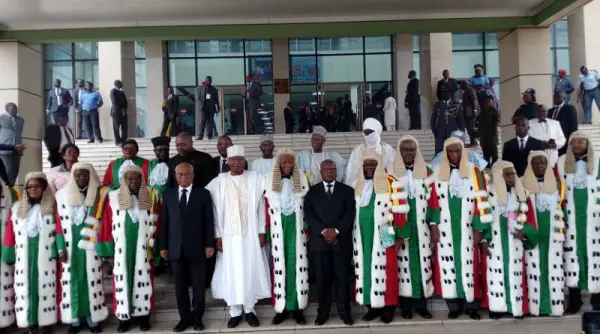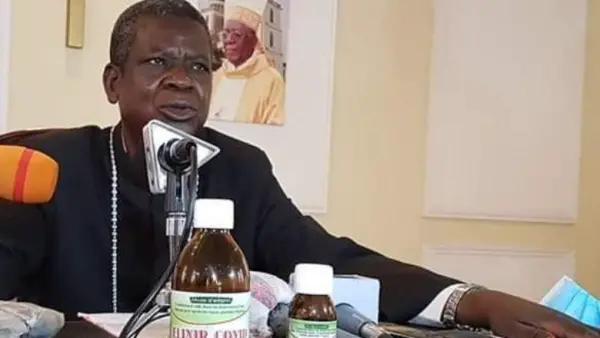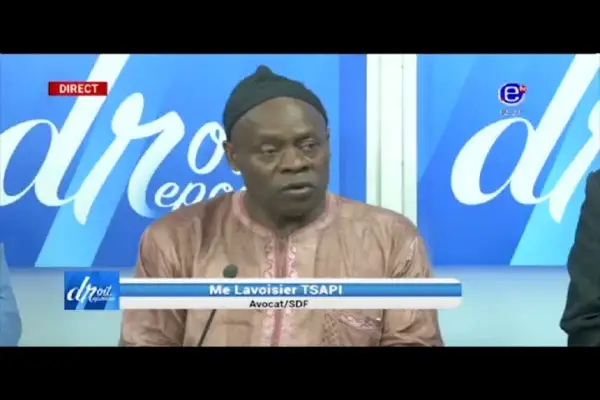Four aid workers according to the United Nations Office for the Coordination of Humanitarian Affairs (OCHA) in Cameroon are said to have lost their lives in the course of providing assistance to those in need in the crisis-hit North West and South West regions since 2019.
The information was disclosed by the United Nations OCHA in a tweet to mark the United Nations World Humanitarian Day celebrated every August 19 to advocate for the survival, well-being and dignity of people affected by crises, and for the safety and security of aid workers.
According to the tweet, in the last 16 months, over 19 incidents of abductions, involving humanitarians have been reported against humanitarian workers in the Anglophone regions and amongst them four were killed since 2019.
Officials of the organization have expressed concerns over the recurrent attacks on humanitarians workers who have been on the frontline of the humanitarian crisis in the North West and South West regions since January 2018, facing enormous risks while providing assistance to those in need in the said regions.
In November 2019, OCHA reported that the humanitarian situation deteriorated both for the population and aid workers in the Anglophone regions. The report indicated that in October alone, armed separatists kidnapped 10 humanitarian workers, all of whom had been released by the time of the report. That same year in November, one was killed. This resulted in several humanitarian organizations restricting their area of operation.
Others were accused of colluding with separatist fighters, supplying them with weapons, and spreading false information that implicate the security forces in atrocities. The case with Doctors Without Borders who, a US-based humanitarian organization which finally withdrew teams from the North West region after it was banned from carrying out any activity by the Government.
The close to five-year long Anglophone crisis
The crisis in the North West and South West regions of Cameroon began in late 2016, when teachers, lawyers, students, and activists, who had long complained of their ‘regions’ perceived marginalization by the ‘central’ government, took to the streets to demand more recognition of their political, social, and cultural rights. The response by government forces escalated the crisis.
Ambazonian separatists in the Anglophone territories launched a guerrilla campaign against Cameroonian security forces, and later unilaterally proclaimed the restoration of independence. By the end of November 2017, the government of Cameroon declared war on the separatists and sent its army into the Anglophone regions. Government forces and armed separatists have both been indicted for serious human rights abuses committed in the course of the crisis. The crisis is said to have left at least 3,000 dead and displaced hundreds of thousands of others.
Although 2019 saw the first known instance of dialogue between Cameroon and the separatists, as well as a State-organized Major National Dialogue that led to the granting of a special status to the Anglophone regions, the war continued to intensify in late 2019
Ariane Foguem
